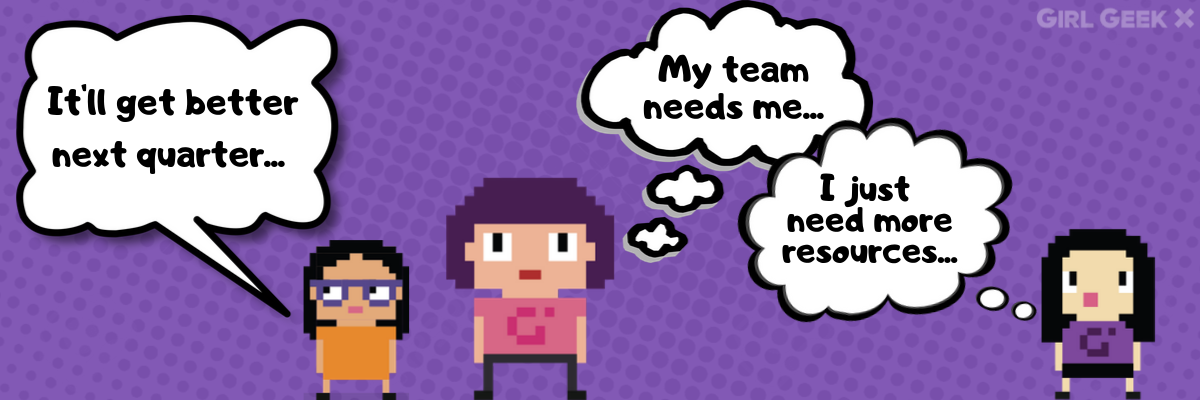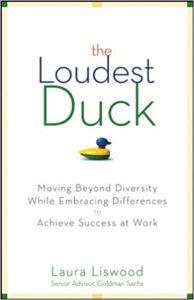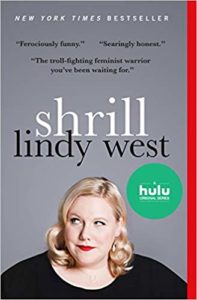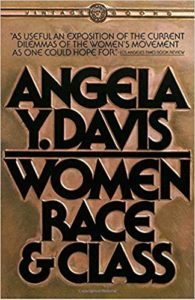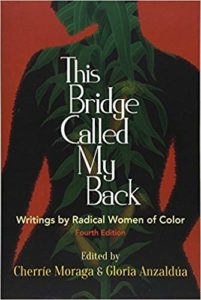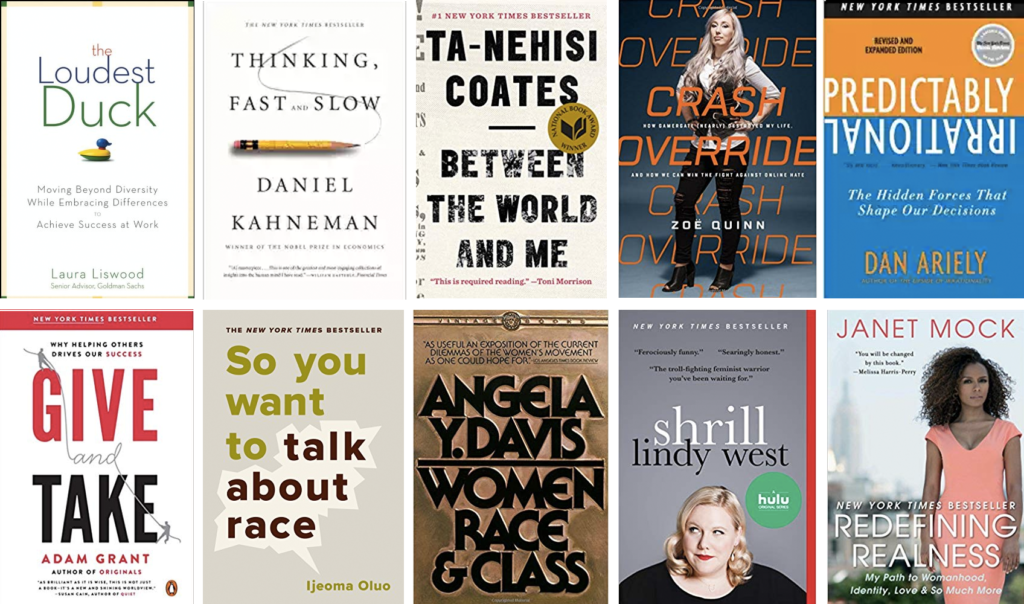Deciding when it’s time to move on is less complicated than it seems. Here are some road-tested questions to ask yourself.
When you start feeling some kinda way, things aren’t quite right, a little off… maybe you know why, maybe you don’t. What you do know is that you’re not as happy as you think you should or could be, and you’re looking for a sign from the heavens that lets you know you’re on the right path. Of course, divine intervention is rare and most of the time we have to figure it out for ourselves.
When you find yourself wondering if it’s time to move on, run a very simple experiment. For a few weeks, record how you feel in the morning. Is it, “Ah man, I gotta get moving, I’ve got a lot on my calendar today!” and you hit the ground running, or is it more like “Ugh, I’ve got so much on my calendar today. I need five more minutes before I can get up and face it!” as you hit the snooze button for the third time?
If you’re having more bad days than good, pick a date in the future by which you think it will be better – 30 days, 90 days, or whatever – and measure. Write yourself a quick email explaining what you think will change and schedule it to ping back. Pressures from big projects or a changes on the team are natural times of frustration and discord, but at some point those things will resolve themselves if they are going to. So if despite a project wrapping up or even a new positive thing happening, you’re still waking up meh more often than yay!, then it’s time to make a plan and move on.
But it’s not that simple, right?
“This is just temporary. It will get better after this project/quarter/release/new hire.”
Maybe. People tend attribute unhappiness to specific external pressures. That’s why you write the email and schedule it to arrive after that project/quarter/release is over. Tell yourself what you think is going to be different and see if it is. My experience is that it’s always something. The assumed source of my malaise changes but the feelings of discontent remain the same.
“I can’t leave my team. They need me. I can’t just desert them.”
Here’s the cold truth: everyone will leave at some point. Yes, you’re close with your colleagues, but those friendships can live on. Yes, it might create some temporary challenges while they find someone to replace you, but you have to put your needs first because no one else is going to. “Take one for the team” is rare heroic feat, not your life default. Would you expect your coworkers to put your career goals ahead of theirs?“
“I am really loyal to this company/founder/mission.”
Here’s another hard truth: your company can’t love you back. It’s not a human. And there are no prizes awarded at any point later in life for soldiering on for weeks and months (or for those late nights and weekends). The people will all move on, and all you will be left with is memories of a unhappy time, maybe a few extra pounds, some missed events with friends and family, and a promise to yourself not to do that again.
“I’m scared.”
You’ll be scared in six months too. Change is scary. Before I’d make big changes, I used to read and reread the Parable of the Trapeze for motivation. It describes that feeling of terror as you jump from one bar to the next. You see the next bar swinging toward you, you know that you’ve made the jump before, but you’re still scared to let go of the bar, terrified you will freefall before your hand connects with the new bar. It’s always going to be scary, so get it over with.
I stayed at my first startup two years too long. I felt what I now understand was a misguided sense of loyalty to the company and the people. And yet none of those people are in my daily life now and the job was so long ago (15+ yrs) it’s not even on my resume anymore, and the company was acquired and no longer exists. In the end, all that I accomplished in those two years was to stunt my own learning and career growth.
Take the leap.
Write yourself that email and then sign up for the next Girl Geek Dinner.
Come get some inspiration and motivation, you need and deserve it. And who knows, by the time your email pings back, you might have a lead on your next happy adventure.
About the Author

Gretchen DeKnikker is COO at Girl Geek X. From founding employee to founder, she’s been launching and scaling enterprise software companies since way back in the last century.Most recently, she led SaaStr from a simple blog to the world’s largest global community of 100K+ B2B founders, execs and investors, and previously co-founded SocialPandas, back by True Ventures. Gretchen attended DotCom University double majoring in Boom and Bust and holds an MBA from UC Berkeley. In her spare time, she’s a diversity and inclusion advocate who loves bacon, bourbon and hip hop.


